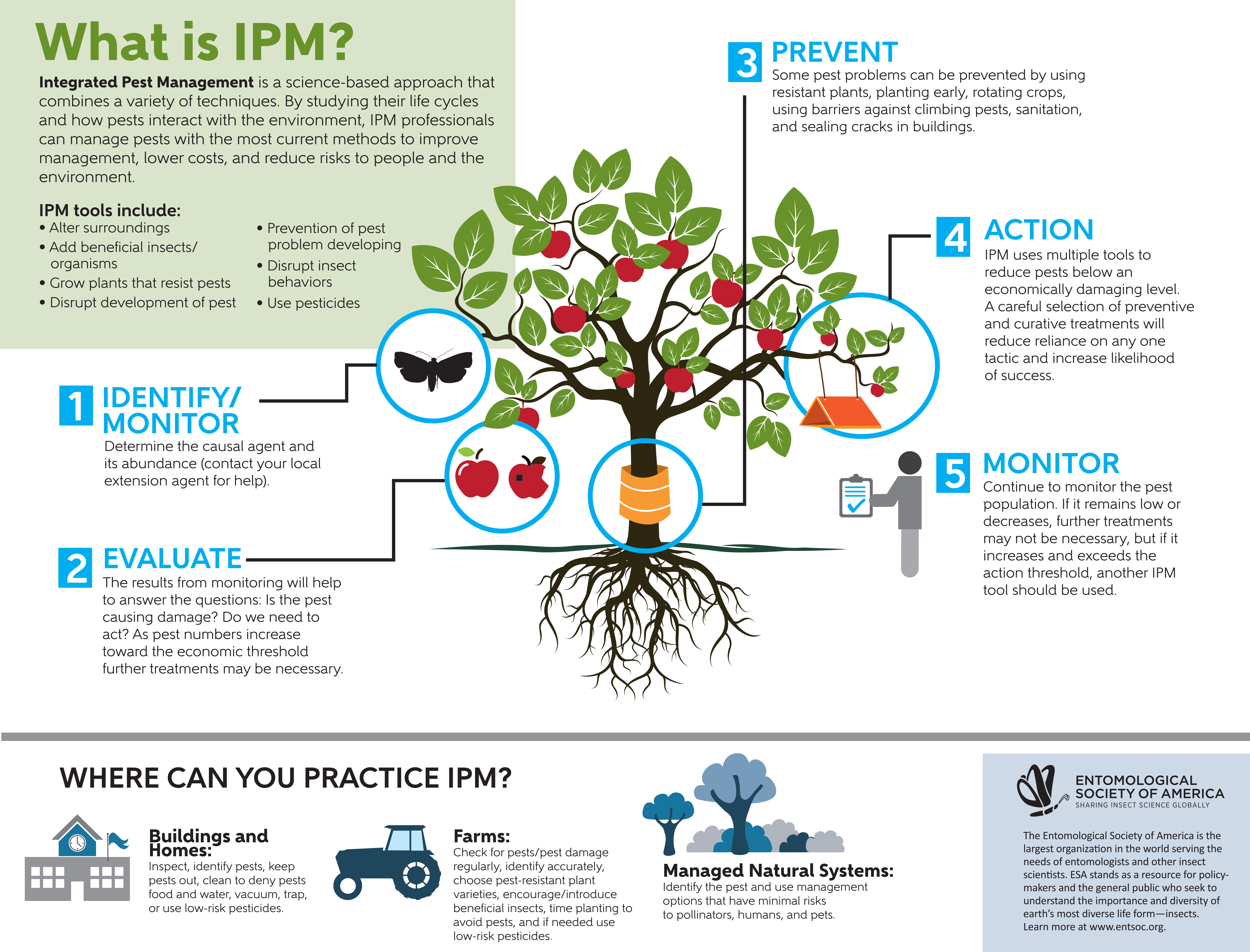Shield Your Yard From Pests: Recommendations For Maintaining Unwanted Intruders Away
Shield Your Yard From Pests: Recommendations For Maintaining Unwanted Intruders Away
Blog Article
Content Create By-Vang Sharma
Visualize your garden as a shelter, a location of peace and elegance. Nevertheless, the existence of outside insects can promptly disrupt this ideal image. What happens if there were straightforward yet efficient methods to keep these unwelcome visitors away and safeguard your yard sanctuary? By adhering to a couple of sensible tips and executing natural approaches, you can produce an unified exterior area where your plants can thrive uninterrupted.
Natural Bug Deterrents
To maintain parasites away from your yard normally, plant aromatic herbs like mint and lavender. These aromatic plants not just add appeal to your yard but additionally function as effective bug deterrents. Pests like mosquitoes, flies, and even some garden-damaging bugs are repelled by the strong aromas given off by these natural herbs. Just putting them strategically around your garden can help produce an all-natural obstacle against unwanted insects.
Along with mint and lavender, think about planting various other natural herbs like rosemary, basil, and lemongrass to further enhance your yard's pest-proofing capabilities. Highly recommended Internet page act as natural repellents however also have the added advantage of being useful in cooking or crafting home made treatments.
Strategic Plant Positioning
Take into consideration the design of your yard and the kinds of plants you need to tactically position them for maximum pest-proofing effectiveness.
Begin by grouping plants with comparable resistance to insects together. By doing this, you can develop an all-natural obstacle that hinders bugs from spreading throughout your yard.
Furthermore, positioning pest-repelling plants like marigolds, lavender, or mint near more susceptible plants can assist shield them. High plants, such as sunflowers or corn, can work as a shield for shorter plants against bugs like bunnies or ground-dwelling insects.
Remember to leave adequate space between plants to enhance air blood circulation and decrease the danger of diseases that pests could bring.
Furthermore, think about growing strong-smelling herbs like rosemary or basil near susceptible plants to puzzle insects' detects and make it harder for them to locate their targets.
Effective Parasite Control Approaches
For combating garden insects efficiently, implementing a multi-faceted bug control method is vital. Begin by urging all-natural killers like birds, ladybugs, and praying mantises to aid keep parasite populaces in check. Presenting plants that bring in these advantageous insects can help in insect control. In addition, exercising excellent garden hygiene by eliminating debris and weeds where insects could conceal can make your yard less hospitable to undesirable site visitors.
Consider making use of physical barriers such as row cover materials or netting to protect prone plants from pests like caterpillars and birds. Applying organic chemicals like neem oil or insecticidal soap can also be effective against particular parasites while being much less hazardous to helpful insects and the setting. https://home.howstuffworks.com/home-improvement/household-hints-tips/insect-control/cupboards-pantries-and-ants.htm to revolve your plants each season to stop the buildup of bug populaces that target specific plants.
Consistently examine your plants for indicators of insect damages so you can take action quickly. By integrating these techniques and remaining cautious, you can successfully manage garden pests and delight in a successful, pest-free yard.
Conclusion
So, there you have it - with the best approaches, you can keep pesky exterior insects away from your yard and help your plants thrive.
Did you know that growing mint has been revealed to ward off insects and other insects, decreasing the need for unsafe pesticides by as much as 60%?
By including natural deterrents and clever growing techniques, you can create an attractive and pest-resistant yard sanctuary for you to enjoy.
